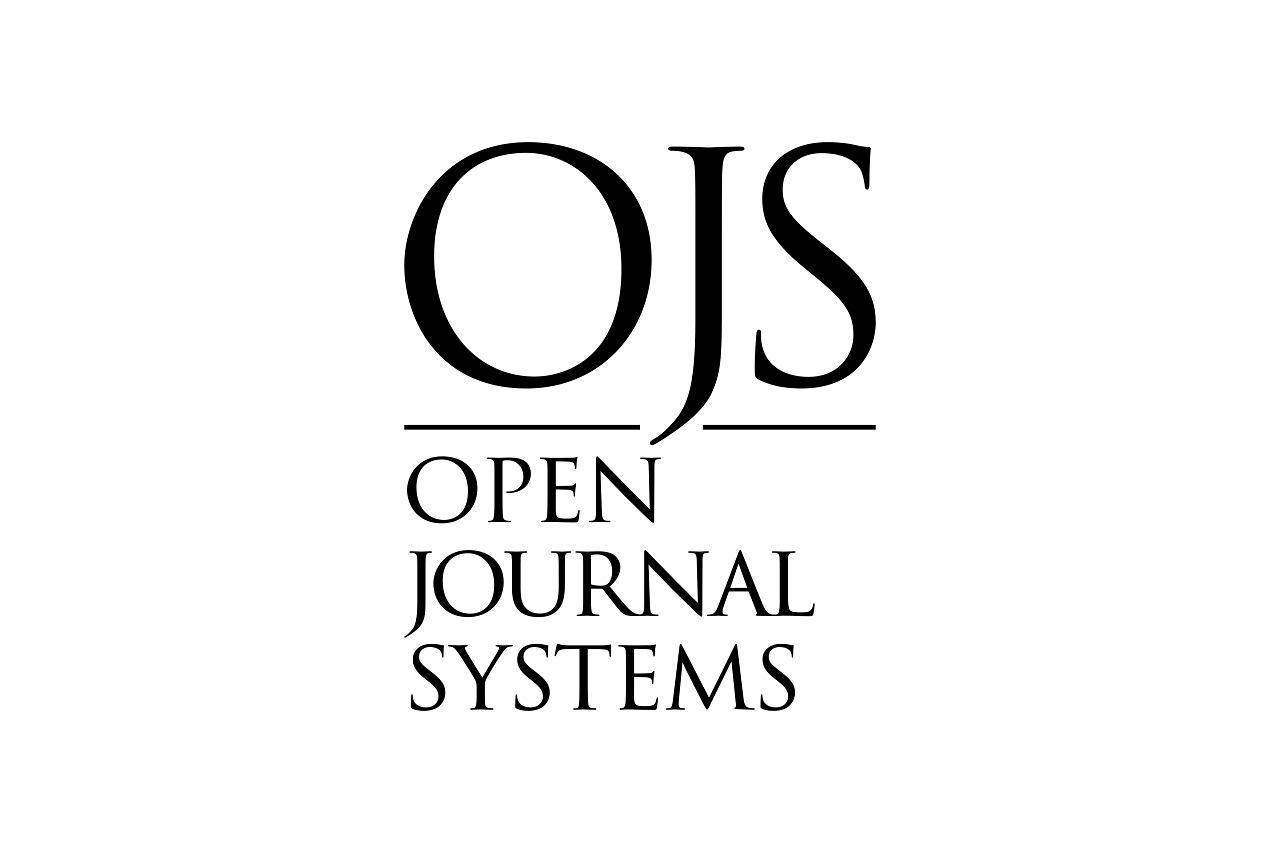Ethnic tolerance and perspectives of development intercultural environment in Kazakhstan (based on the example of Zhambyl region)
DOI:
https://doi.org/10.52123/1994-2370-2024-1308Keywords:
ethnic tolerance, ethnic groups, Dungans, Kazakhs, Kurds, interculturalism, Zhambyl regionAbstract
This article presents the results of a field study conducted in Zhambyl region. The data obtained made it possible to analyze the nature of ethnic tolerance, identify factors influencing the development of tolerance/intolerance, and determine the prospects for the formation of an intercultural environment in the Zhambyl region.
The results of the study showed that the tolerance of the population in the region depends on many factors. If the positive manifestation of tolerance is influenced by the nature of the settlement of the population, the presence of intercultural contacts and communications in society, then the development of intolerant relations, in addition to weak interethnic contacts and communication, can be influenced by linguistic differentiation and stereotypes. The history of ethnic groups, the experience of long-term cohabitation, historical memory and the perception of them by the local community also occupies a special place in the formation of tolerance.
























